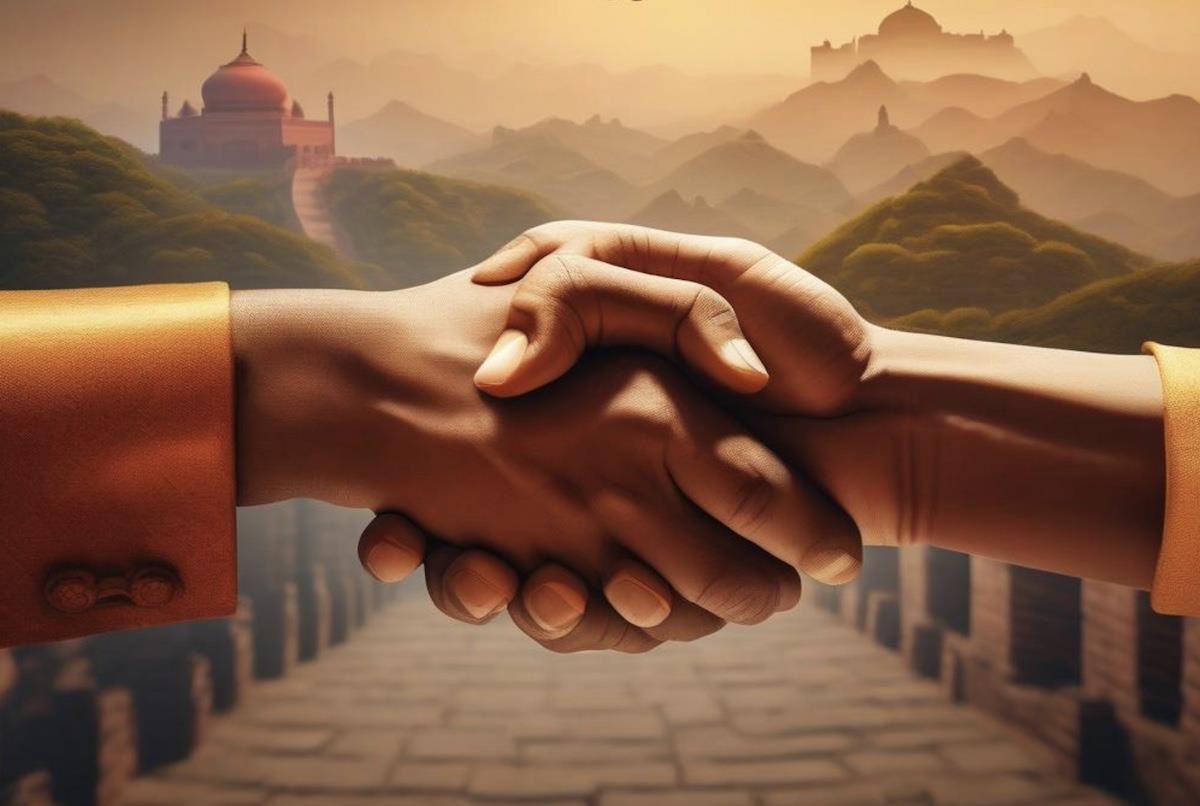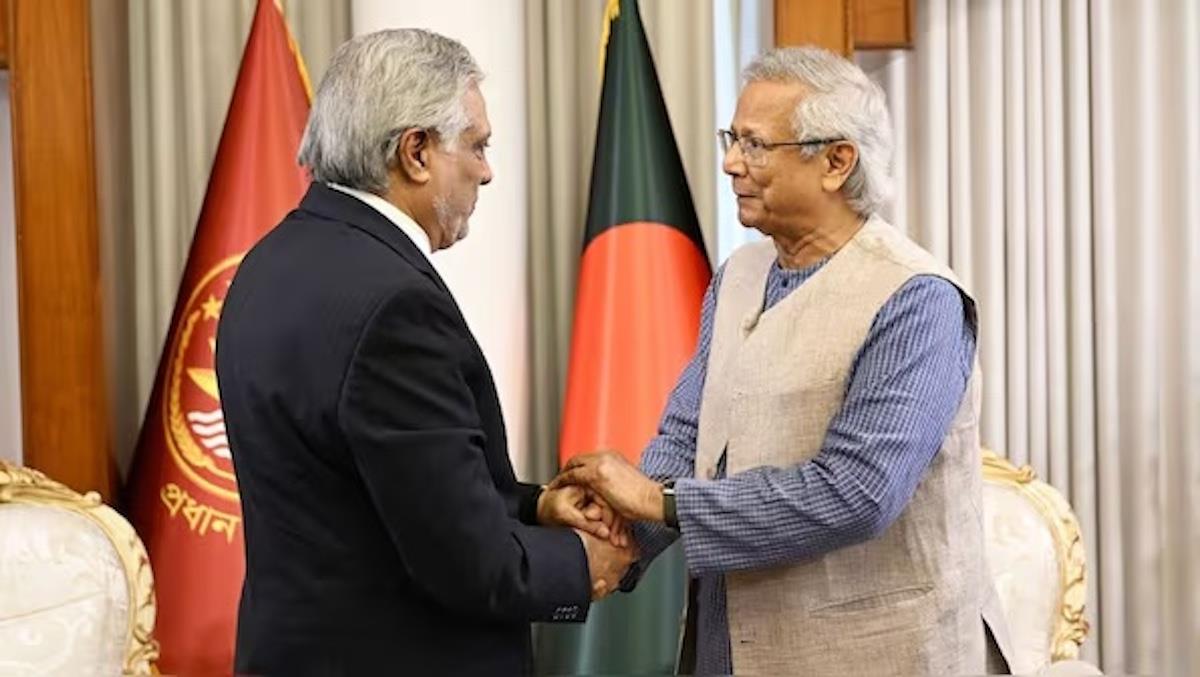A Global 'Chindia' Imbroglio
On the eve of a historic meeting in Beijing between Indian Prime Minister Narendra Modi and Chinese President Xi Jinping, the US-India imbroglio is in full swing, and it's unclear whether it'll be resolved and how.
It could have significant tectonic consequences or none at all, depending on how things develop over the next few days and weeks. Modi reportedly refused to answer Donald Trump's phone calls five times. Why?
First, we don't know if it's true: Indian diplomats deny it. The problem seems to have been the open American intrusion in India-Pakistan bilateral relations. India believes no one should openly interfere in this relationship, which it considers existential.
If Delhi were to declare that it cannot resolve bilateral problems publicly, it would almost demonstrate an inability to maintain its independence. However, beyond all this, the rumors and sentiments in Delhi and Washington suggest that something has gone awry.
What are the reasons for the friction?
The US has imposed worse tariffs on India than on China. Indian officials are expressing their country's discontent with America and the Trump administration. India has 1.45 billion inhabitants; with Bangladesh, a country closely linked to it, the total population reaches 1.6 billion.
It is the most populous bloc in the world and one of the most dynamic. Delhi has an alliance with the US, the Quad, and has signed free trade agreements with the European Union and the United Kingdom. New Delhi believes it should be treated as a friendly country by the US with European-level tariffs, around 15%. There is a problem with buying and selling Russian oil, but India is hardly alone in this.
What does India blame the United States for?
India, rightly or wrongly, feels humiliated and offended by American“bullying.” This feeling has rekindled a thousand historical mechanisms. India still feels the legacy of British colonialism. During the Cold War, it remained non-aligned, but maintained a robust relationship with Russia. Prime Minister Narendra Modi has gradually brought India closer to America over the past two decades, but the foundations of the alliance are different from those with other countries. India proudly proclaims itself second to none.
But weren't relations between Modi and Trump good?
Modi had physically and intellectually embraced Trump. The tariffs and failed negotiations created a rift in the relationship. At this point, India began to look toward China to offset American pressure. The event could prove geopolitically monumental. A Russia-India-China bloc is emerging, which will then bring with it other countries (Bangladesh, the Central Asian states).
This prospect wasn't even present during the Cold War, as India remained non-aligned. China, starting in the 1960s, faltered in its relationship with the USSR and subsequently aligned itself with the US from the 1970s onward. Unlike then, Asia is the most economically dynamic region in the world.
Why is India tying itself to China?
India evidently thinks:“We have rifts with China, but Beijing is consistent and coherent; we know how to move and plan. America changes too much, too often, and too quickly; it can't be relied upon.” In other words, we don't know what this rift with the US will lead to, but it has opened up-I fear-a potentially disturbing scenario for the US and all of America's allies. It's a time of great uncertainty. Of course, there's also a geographical element.
Evidently, after the brief border clash between India and Pakistan, America chose to improve relations with Pakistan, which gives it territorial access to Central Asia, as it did during the Cold War. Central Asia rightly remains a sore point in America's political and mental space. However, Pakistan has consistently proven to be a far less stable and more ambiguous state than India.
Choosing Pakistan over India today adds salt to the wounds of the insult perceived by America in India. Indeed, this short-term setback is an unexpected opportunity for Russia, providing it with more political room in the negotiations on Ukraine.
What will be the consequences?

Legal Disclaimer:
MENAFN provides the
information “as is” without warranty of any kind. We do not accept
any responsibility or liability for the accuracy, content, images,
videos, licenses, completeness, legality, or reliability of the information
contained in this article. If you have any complaints or copyright
issues related to this article, kindly contact the provider above.
Most popular stories
Market Research

- United States Lubricants Market Growth Opportunities & Share Dynamics 20252033
- UK Digital Health Market To Reach USD 37.6 Billion By 2033
- Immigration Consultancy Business Plan 2025: What You Need To Get Started
- United States Animal Health Market Size, Industry Trends, Share, Growth And Report 2025-2033
- Latin America Mobile Payment Market To Hit USD 1,688.0 Billion By 2033
- United States Jewelry Market Forecast On Growth & Demand Drivers 20252033

























Comments
No comment